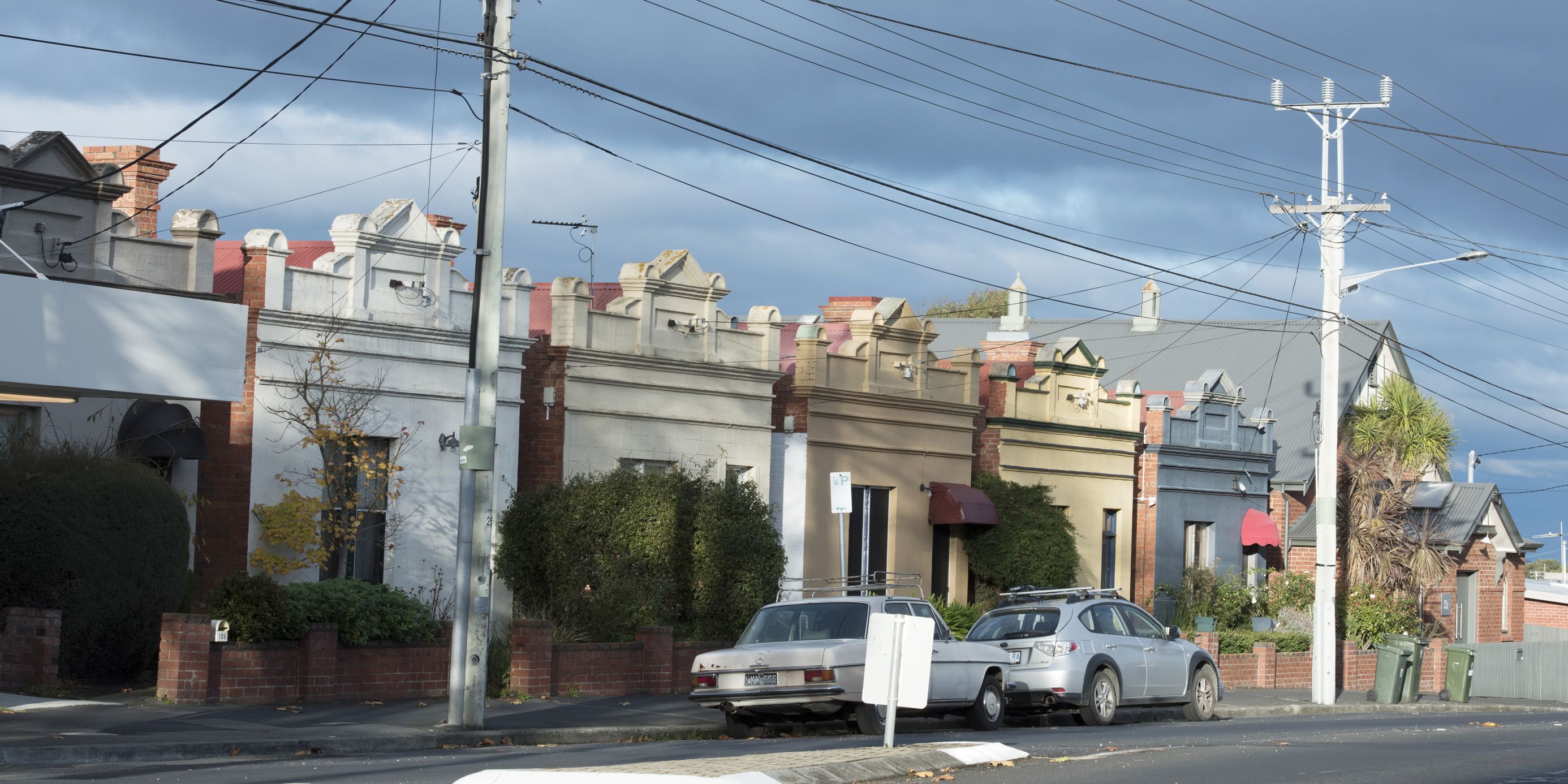Federal election 2019: Greens moot national standard for renters' rights

Rent increases would be capped at inflation under a federal Greens proposal for a national standard on renters’ rights that would also allocate an extra $30 million a year for tenancy advocacy groups.
Tenant unions cautiously backed the plan but called for it to lift standards for renters around the country rather than agreeing to a weak lowest common denominator.
The policy comes as housing is set to be a hot issue at this year’s federal election, with affordability still a concern and Labor’s proposed curbs to negative gearing and capital gains tax breaks in the spotlight.
The Greens want to scrap these tax breaks and use the proceeds, along with part of the banking levy, to more than double the amount of social housing by building 500,000 new homes.
“With almost a third of Australians renting, it is long overdue that their rights are considered a national issue by political parties,” Greens housing spokeswoman Mehreen Faruqi said.
“Different states have different laws for people who rent, which can be confusing and unfair.”

The party’s plan is to work with the states and territories to harmonise standards across the country.
Rent rises would be limited to once a year and no higher than the CPI, no-grounds evictions would be banned, best practice energy efficiency standards would be enforced for rental properties and tenants would be allowed to make minor changes without landlord permission.
The plan also covers protections for those who have been subjected to domestic violence and prohibits blanket “no pets” clauses.
“I’ve heard far too many rental horror stories from people evicted for complaining about serious health and safety issues or unreasonable and rapid rent rises,” Senator Faruqi said. “As someone who spent many years in the rental market when I moved to Australia, I know tenants are completely at the mercy of landlords under our current system.”
Several states have focused on tenancy laws recently, with significant reforms passing in Victoria and NSW last year and a review underway in Queensland. Victoria has already legislated parts of the Greens proposal such as removing no-grounds evictions.

A national standard could make it easier to educate both tenants and landlords about tenancy laws, even if they move interstate or own an investment property in a different state, said Tenants’ Union of NSW senior policy officer Leo Patterson Ross.
“In principle national consistent standards are something we cautiously support,” he said.
“Our concern with a national standard is [that] we don’t end up with a lowest common denominator so all the states can agree … we’d be concerned to make sure the process lifts the standard everywhere.”
He also backed the $30 million of annual funding for tenant advocacy services over 10 years, saying getting advice early meant renters were less likely to get into legal disputes and were better able to present clear cases if they did have to go to a tribunal.
Tenants Queensland chief executive Penny Carr said just-cause evictions were an issue nationally and backed a national standard on this, but warned some states had already made more progress on tenancy reforms than others.
“As long as you could make sure we’re raising the bar, not lowering the bar, there could be some benefit in having minimum standards,” she said.
Tenants Victoria policy officer Natalie Rutherford would not comment on the proposal for national standards but backed the recent legislation of minimum standards in Victoria.
We recommend
We thought you might like
States
Capital Cities
Capital Cities - Rentals
Popular Areas
Allhomes
More
- © 2025, CoStar Group Inc.






